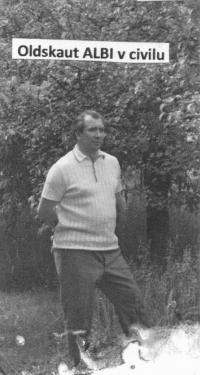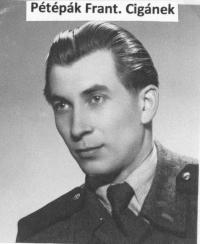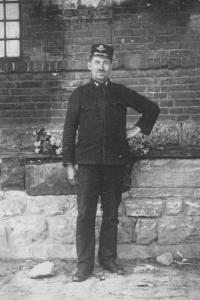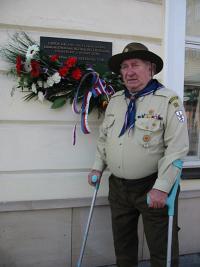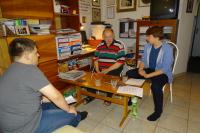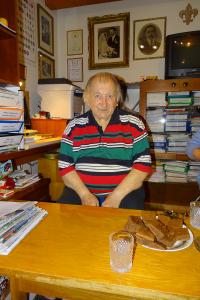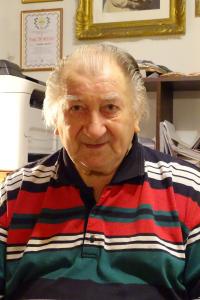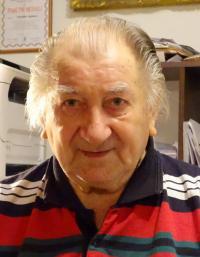I only briefly got in touch with uranium mining
František Cigánek was born on 25 January, 1930 in Věžky near Přerov. In 1950 he graduated at the commerce academy and continued studying English and Russian languages the Philosophical Faculty of the Palacký University in Olomouc. He never quite endorsed communism, therefore his situation at the faculty gradually deteriorated. He decided to finish his university studies at the European College in Bruges and crossed the state border near the Račí valley in Jeseník region on 29 January, 1953. Yet he was caught by the Polish guard and later sentenced for illegal departure from the republic and expected imprisonment in a lager near uranium mines. After the decease of J. V. Stalin and Klement Gottwald in March 1953 he was released during amnesty of the president Zápotocký. Later he founded a branch of Non-Engaged No-Party Men in Přerov and became a member of the Association of former political prisoners.

